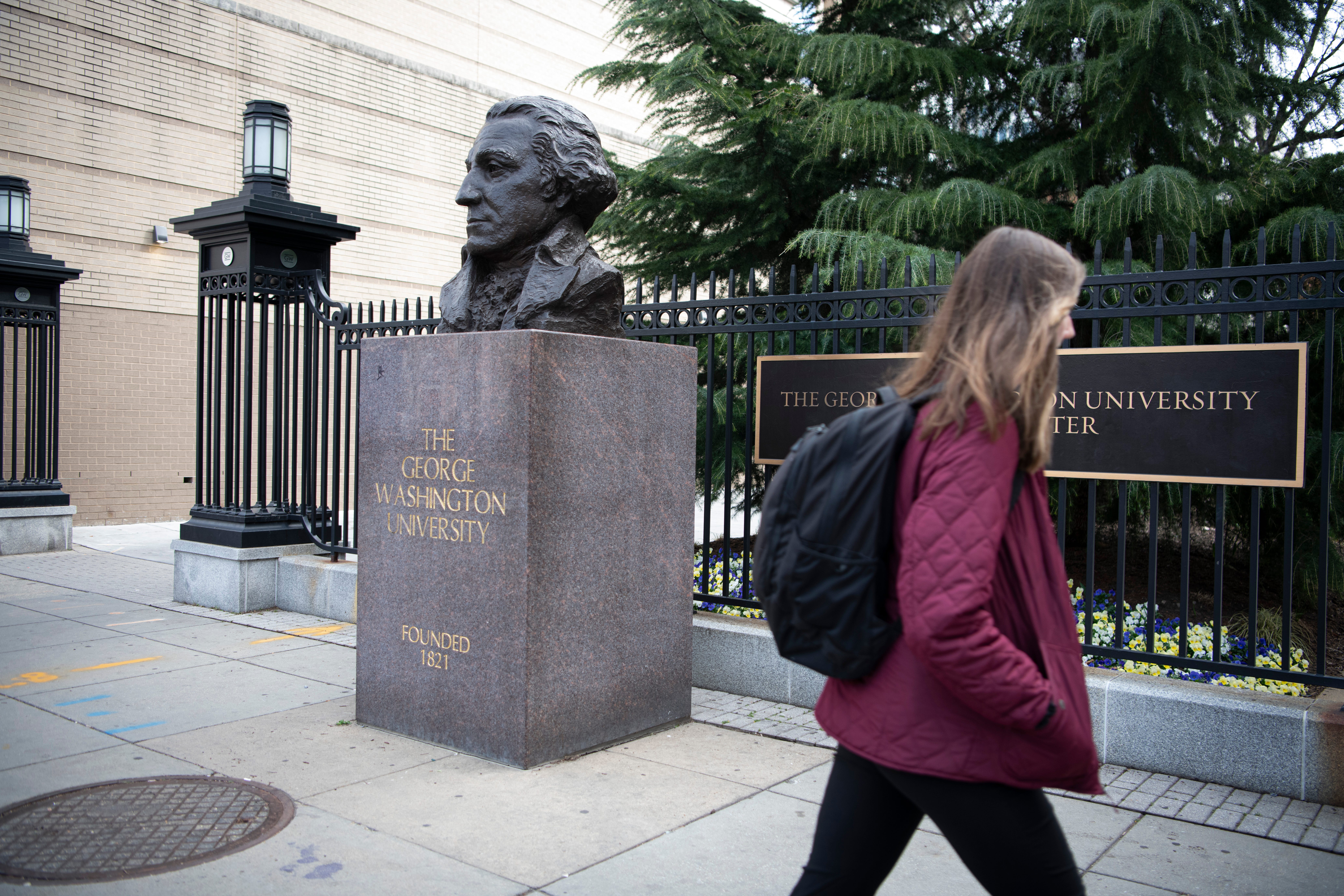Georgia denies pass-fail option, urges state's college students to 'rise to the challenge' in coronavirus-shortened semester

College students and parents across Georgia are asking the University System of Georgia Board of Regents to allow them to opt in to a pass-fail grading system this spring semester.
But, in contrast with many U.S. colleges, the university system has refused, saying students should rise to the challenge after campuses were shut down because of the novel coronavirus pandemic. The closures forced colleges to hastily devise a patchwork of distance learning methods that students say often don’t measure up.
For many University of Georgia and other state college students, the spring semester has become a disaster of its own on top of the public health disaster, students said in a recent online town hall meeting organized by a state legislator.
Students raised many complaints: Those in rural areas struggle with poor or no internet access; some professors ask students scattered in many time zones to come to virtual classrooms at the same time; and some professors who might be great in a classroom just aren’t very good at distance lecturing.
Tuition refund?: Student sues New Jersey university for 'subpar' online classes
Over the past few weeks, more than 10,000 people have signed a petition calling for the regents to allow a pass-fail grading option. The student governments of the University of Georgia, Georgia State University and Georgia Tech have passed resolutions calling for the regents to allow opt-in.
“We think it’s an important issue of ethics, not politics,” said Briana Hayes, one of the student organizers of the campaign.
The Faculty Senate of the University of Georgia's College of Education will meet next week to decide whether to ask for the pass-fail option. Students could elect to continue with letter grades.
“We are confident our students will rise to the challenge,” according to a statement the university system released in March, promising students help for their situations. “In times of adversity, we should reach higher, not lower.”
The university system last week reaffirmed that it would not allow pass-fail in a similar statement released after state Rep. David Wilkerson and several other legislators met virtually with students asking for the change, including leaders of both student Democratic and Republican party chapters at the University of Georgia.
The firm stance makes the Georgia system an outlier among public colleges, many of which have allowed students to choose pass or fail grades after a semester that has turned many students’ lives upside down.
Speaking during the online town forum, University of Georgia student Candler Jones said students with disabilities have had it particularly tough this semester, with many of them having to work harder than other students even in normal times.
“I feel discriminated against because I have a disability,” she said, saying it took the University of Georgia two weeks to set up her accommodations after the campus shut down. When she first asked for help, she got a printout.
Coronavirus and colleges: Citing 'zero lethal threat' to students, Purdue works to reopen college for fall 2020
“Things weren’t handled right," she added. "We don’t have an equal playing field.”
Ciera Thomas, another Georgia student, cited difficulties such as parents caring for children when day cares are closed, students who are immunocompromised or trapped in circumstances beyond their control.
“This is not about our ability to reach higher or meet the challenge,” Thomas said.
The student who started the pass-fail petition, Olivia Richardson, spoke of students who may be trapped in abusive homes by social distancing guidelines. “No one should have to come forward with the heartbreaking circumstances many are facing right now,” she said.
Bryson Henriott of the University of Georgia's College Republicans chapter said none of the regents have responded to the students.
“Most of them do not know what’s going on at the universities,” he said. “Quite frankly, they don’t understand the horrible consequences that could come from their decision.”
The Board of Regents is a volunteer panel that oversees the state’s 26 public colleges and universities. Members are appointed by Georgia governors to seven-year terms, and the prestigious posts often go to wealthy campaign donors.